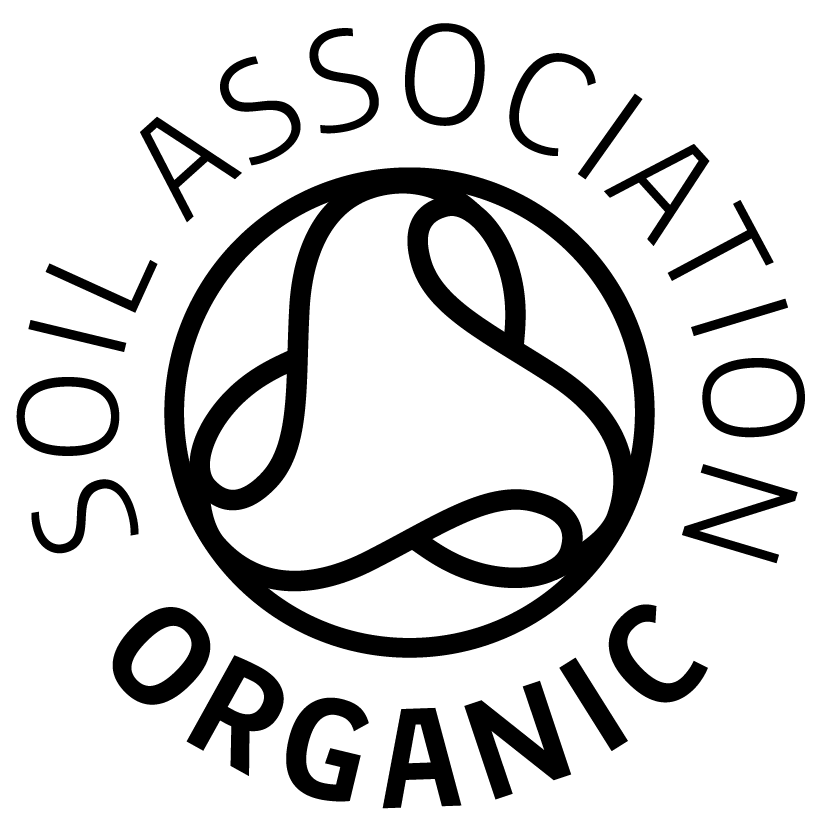Why we haven't joined the SWGB
We’ve chosen not to join the WineGB Sustainability Scheme (SWGB) at this time, because we believe its current standards don’t go far enough. For example, the scheme allows the use of certain pesticides - like glyphosate - which we would never use.
Our approach is stricter, rooted in certified organic practices and a long-term vision of regenerative, chemical-free farming.
Sustainability
At Davenport Vineyards, sustainability isn’t just a part of what we do - it’s at the heart of it.
Wine is truly one of life’s joys, but producing it can have a significant impact on the environment if not approached responsibly. At Davenport, we are committed to making high-quality organic and natural wines with as little impact on the environment as possible. But what do “organic,” “natural,” and “sustainable” really mean? And how do we ensure every bottle we produce reflects both care for the land and a commitment to quality?
Organic, Natural and Sustainable – What’s the Difference?
At Davenport Vineyards, these words aren’t just labels - they shape everything we do.
For us, organic means working with nature every step of the way. We farm without synthetic fertilisers or pesticides, building healthy soils, encouraging wildlife, and creating a balanced environment where our vines can thrive. This care for the land helps us produce wines with real character, freshness and depth.
Natural in the winery means keeping intervention to a minimum - wild yeast fermentations, as few additives as possible, and no unnecessary fining or filtration. In our view, natural winemaking must begin with organic grapes!
Sustainability is woven through every part of our work - from thoughtful water and energy use to careful choices in packaging and materials - so that everything we do supports the land, the vineyard and future generations.


Reducing Our Carbon Footprint
We're working hard to keep our carbon footprint as low as possible:
-
Our original winery generated more electricity than it used thanks to on-site solar panels, and any additional power came from 100% renewable sources. We’re now preparing to install solar panels on the new winery as well, ensuring we can continue producing wine with a minimal carbon footprint.
-
Our packaging is carefully chosen to minimise emissions: lightweight glass bottles reduce transport impact, corks are sourced from sustainable forests in Portugal, and our labels and cartons are FSC-certified and fully recyclable.
-
We're also working to eliminate plastic entirely from our packaging process.
In all these areas, we're striving not just to reduce harm - but to make tangible, positive change.
Low Sulphites, Clean Wines
We make wines with minimal added sulphites - well below both legal and organic limits. All our wines are certified organic by the Soil Association, which requires sulphite levels to stay under 100 mg/L (about half the conventional maximum). Many of our wines are far lower than that...

Regenerative Viticulture – Restoring the Land
In recent years, we’ve taken over some vineyards that weren’t previously organic. These vines had been farmed with heavy chemical inputs for years, so we’re now giving the land time to recover. No herbicides, no artificial fertilisers - just a chance for the soil to breathe again.
This approach - often called regenerative viticulture - is all about restoring life both above and below ground. Over time, it helps the vines grow stronger and more resilient, without the need for chemicals.
Our hope is that these vineyards will eventually become healthy enough to be certified organic. It’s a long-term journey, but one we care deeply about and are proud to be taking.
To us, sustainability isn’t just about doing less harm—it’s about making things better. For the land, for future generations, and for the wines we love to share with you.



